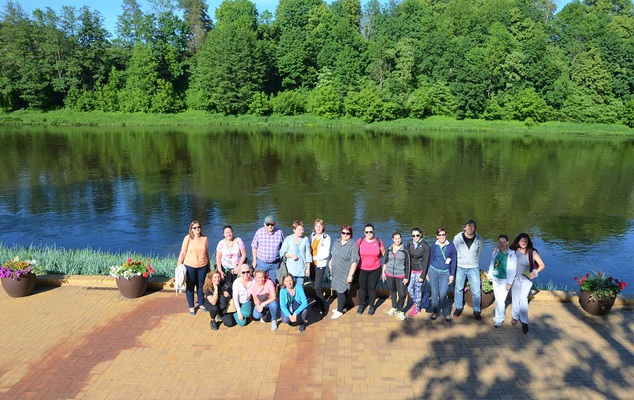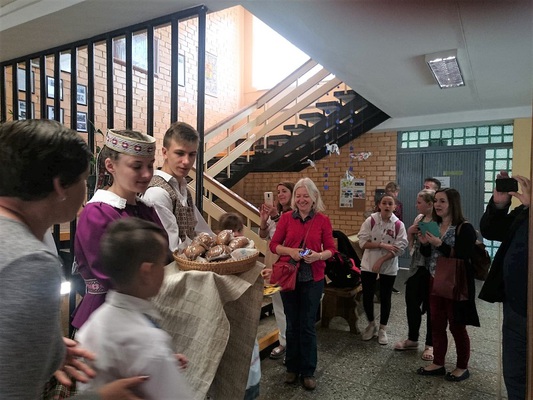
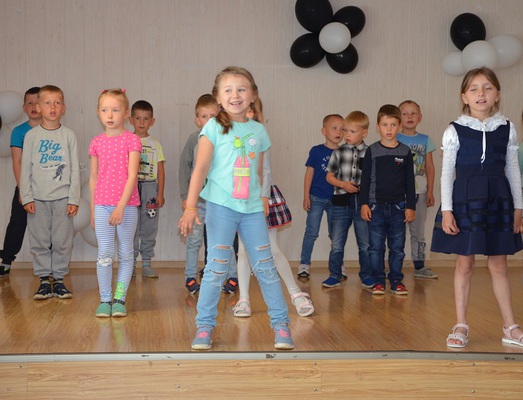
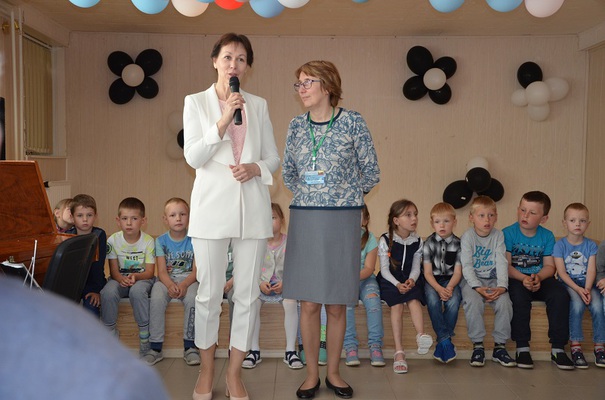
This meeting looked closely at water and how we use it to stay healthy. Water has great healing potential for the human mind, body and soul. It has a therapeutic and refreshing nature. Every country has a long tradition of health spas and some share connections such as the English city of Bath which was originally a Roman spa with the Latin name Aquae Sulis. The proximity of water has always attracted outdoor recreation and all sorts of watersports.
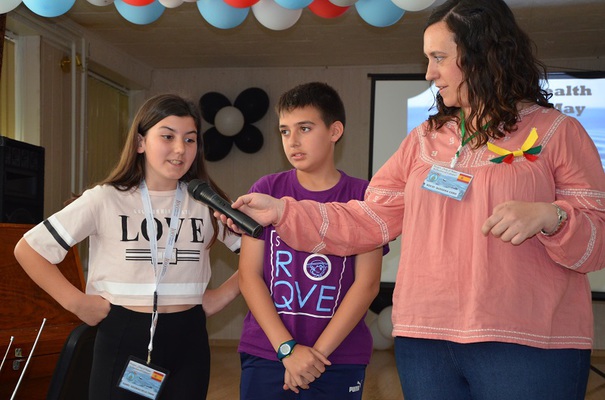
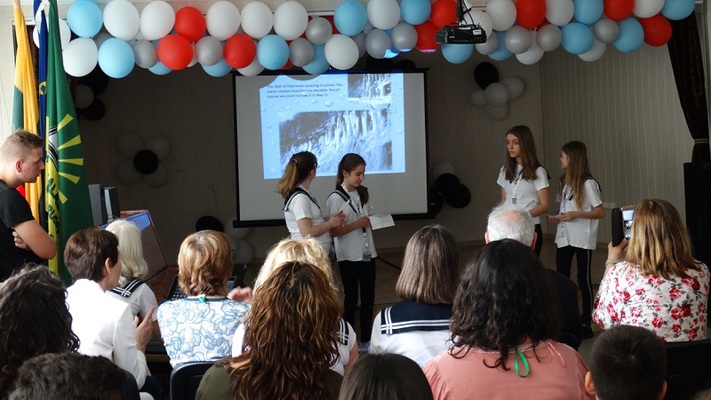
During the meeting we looked at the advantages of water for our health, well-being and fitness, both in theory and in enjoyable practical ways. Divided into mixed nationality groups, pupils played an orienteering game with some water related tasks. This activity was out of the classroom and allowed them to get to know each other and cooperate in a non-formal environment as well as being an excellent ice breaking tool. There was a lot of sport during the meeting as the school has nice outdoor facilities and a lot of successes in this field including an Olympic Marathon runner.
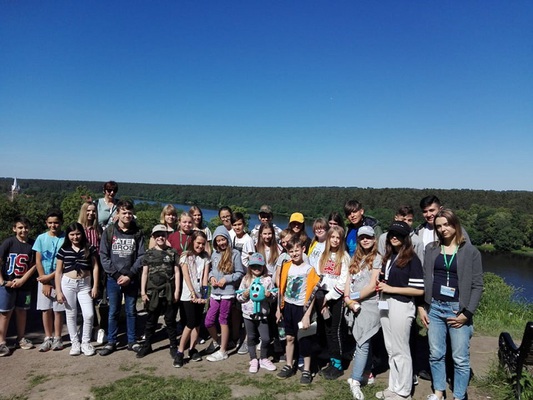
To celebrate this there was a sports day, the highlight of which was a run from one village to the next. The finish was near the home of Aldona Nenėnienė-Česaitytė, born in Daugirdai village, a former Soviet/Lithuanian handball player who competed in and won gold medals at the 1976 and 1980 Summer Olympics. The arrival of the runners was greeted by the villagers with music and celebration by the school children and villagers.
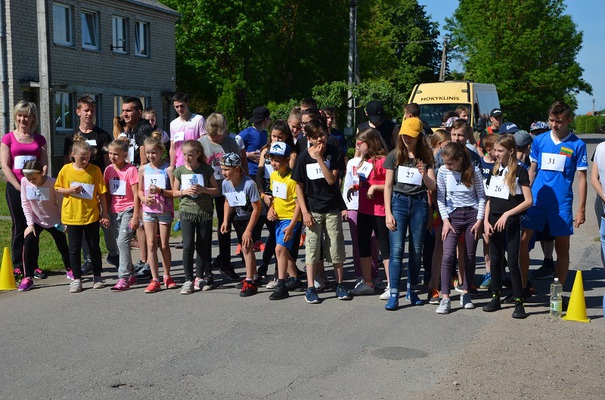
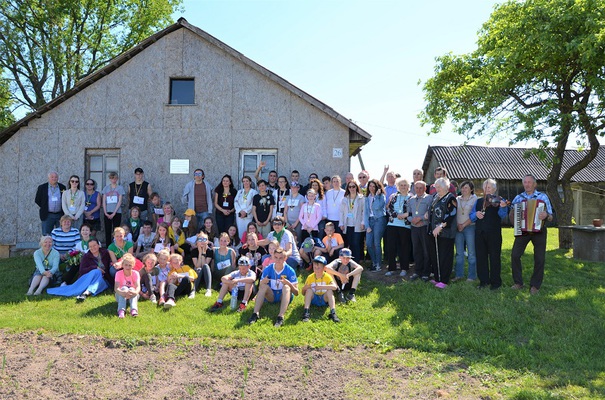
Pupils presented the materials they had prepared for the meeting – about spas, special springs, results of tap water surveys, water sports popular in their countries and water sports they do at school.
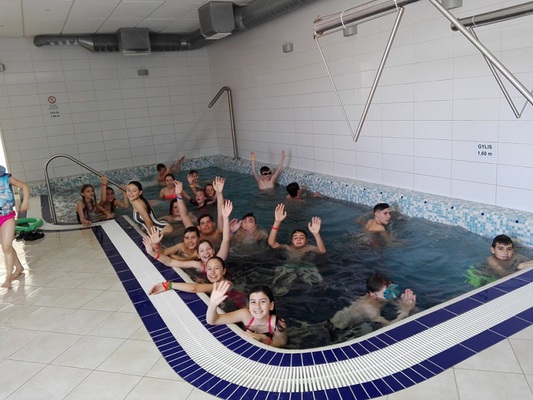
They visited the towns of Birštonas - mentioned for the first time in the fourteenth century as a "homestead at salty water." and Druskininkai a spa resort which dates back to the 19th century. They took part in workshops, learned about spring waters and their properties for human health and tried spring waters.
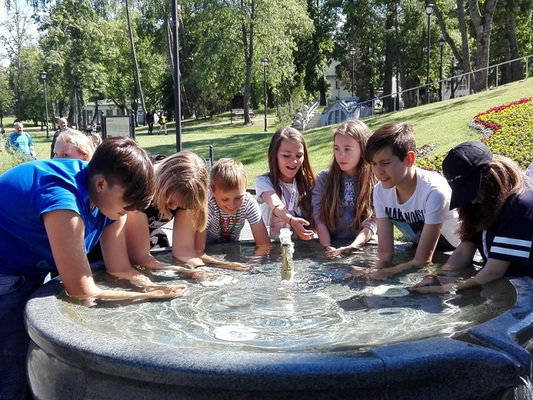
Participants visited Vilnius the capital of Lithuania which is a World Heritage Site. Here they visited sites of historic and cultural significance and learnt about the founding of the city on the Rivers Neris and Vilnia.
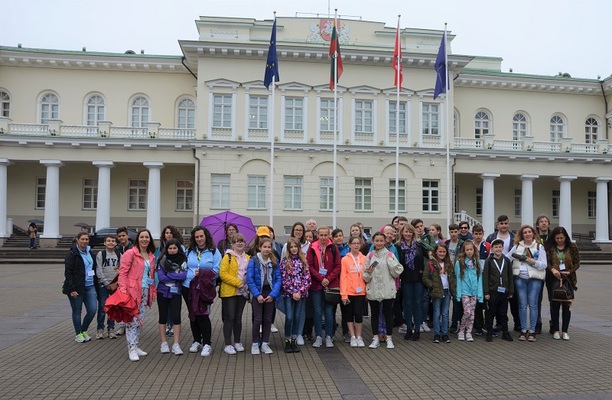
Later, when visiting Alytus, they saw a similar pattern of settlement on the great River Nemunas. It was an important crossing point and at various times in history the river was a border between countries. In Alytus the children also spent time enjoying the benefits of water sports in the Alytus sport and recreation centre.
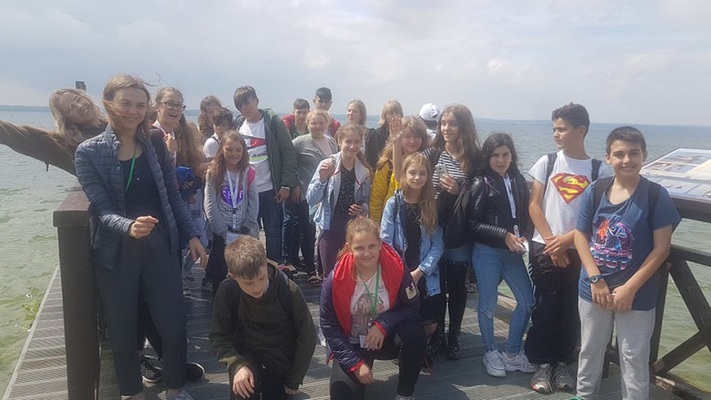
The children later visited the Meteliai Regional Park - a natural and cultural reserve with 3 lakes, where they observed aquatic bird species and talked to an ecologist and environmentalist. The Meteliai Regional Park was established on 24 September, 1992 with the aim of preserving the landscape of the great lakes of southern Lithuania as well as their surroundings, natural eco-system, and values of cultural heritage
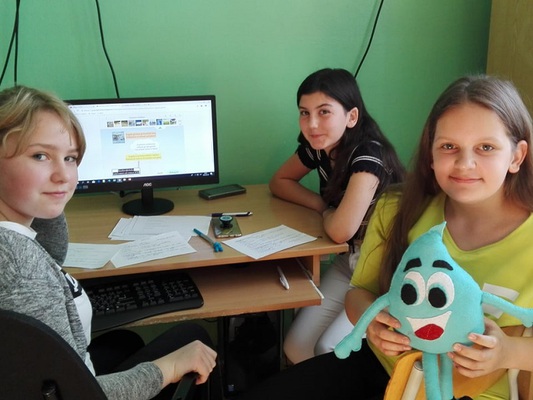
Children learnt about Lithuanian culture and history and they found interesting connections between Lithuanian and other cultures. The host school is a small village school and the whole village community was involved and interested in the project. Various non-formal educational methods like hands-on, interviews/inquiry, research, brainstorming and cultural trips were used in the project's activities.
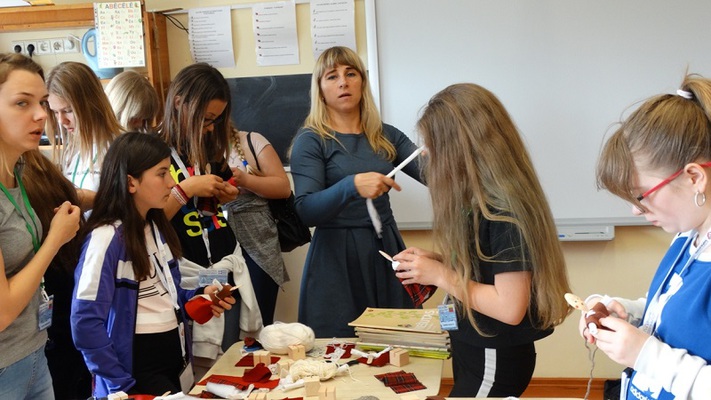
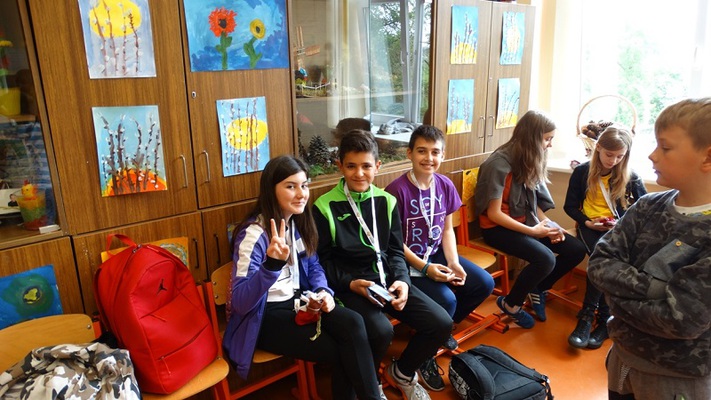
The programme for teachers had some variations to that of the children. As well as meeting to discuss plans and evaluate the project they met with Algirdas Vrubliauskas, mayor of Alytus Region who talked about the lakes and rivers of the region, how they were preserved and how they were important to the promotion of the area for tourism and business.
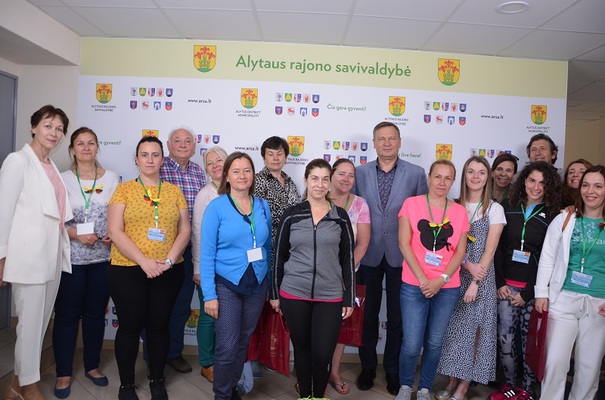
The teachers prepared stalls with information and typical foods and costumes of each country. These were visited by the children of the host school as well as those from the other project schools.
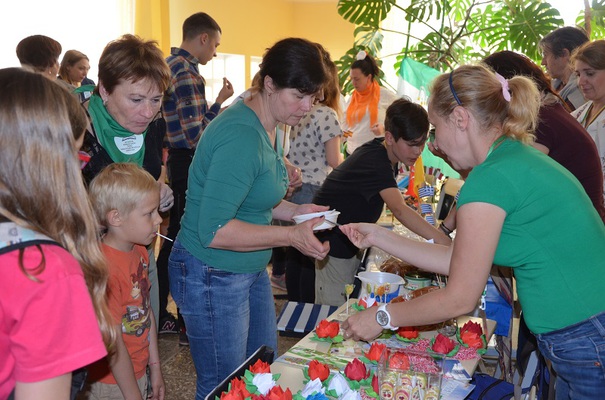
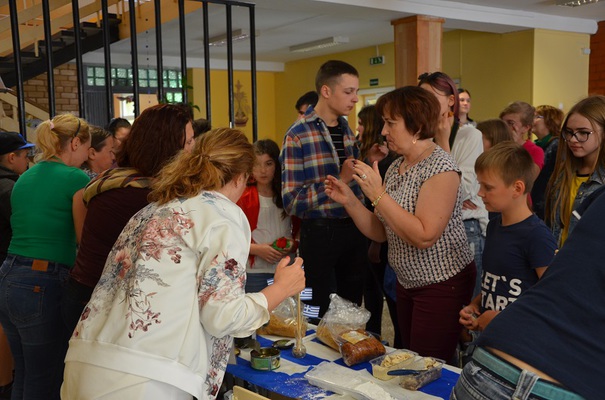
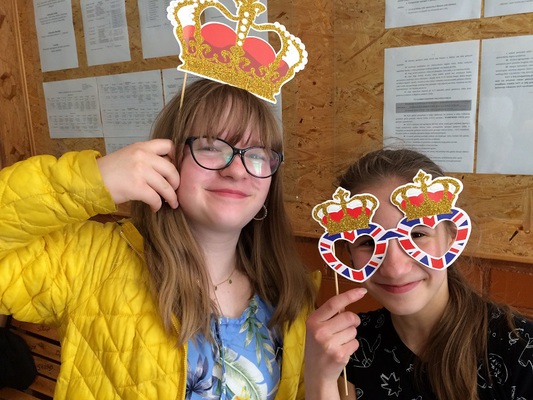
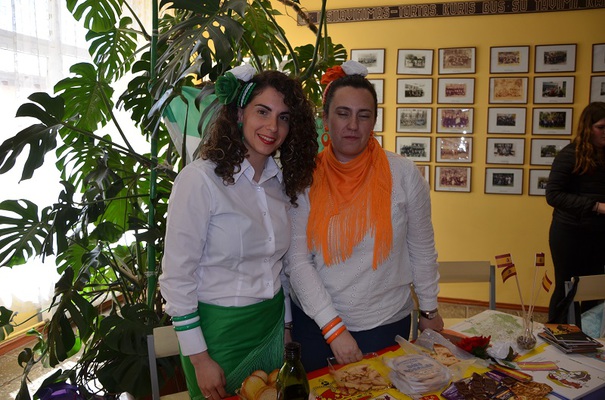
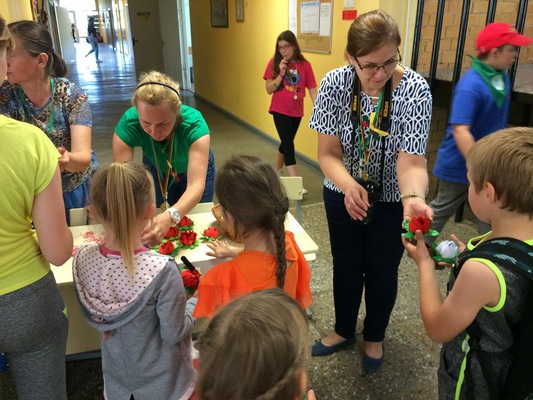
The teachers also walked around the village of Krokialaukis visiting the lake and the Perseke River as well as sampling fresh water from one of the village wells. Then they met members of the village community at a small gathering and dinner.
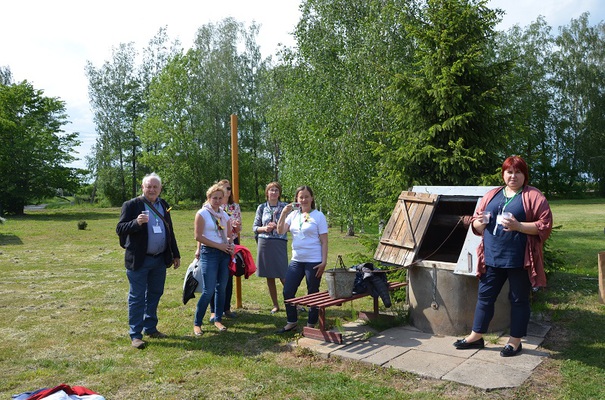
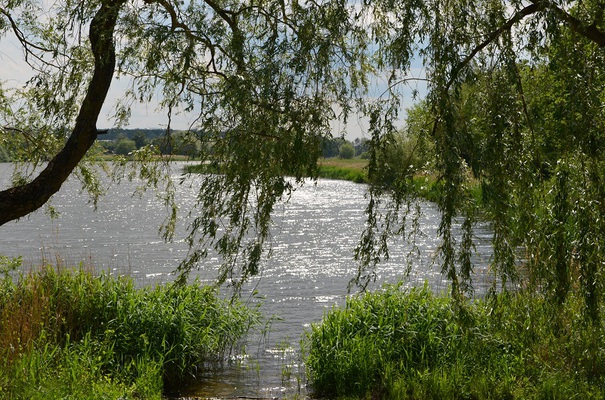
In the spa town of Druskininkai they were able to try the mineral waters and some small mineral water treatments.
